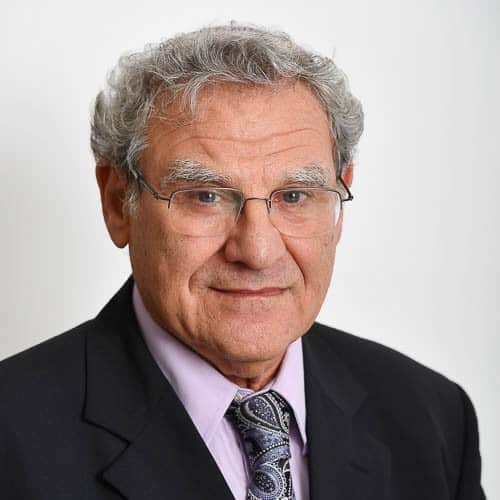Prof. Efraim Inbar: Hezbollah wants to show activity: The long struggle with Israel.

By JOSHUA ROBBIN MARKS, The Jerusalem Post, 26.10.2020
The threat level to Israel from Hezbollah hinges on the results of the November 3 presidential election in the United States, Michael Oren tells The Media Line.
The former Israeli ambassador to the US during the Obama Administration says the Israeli Defense Forces should be factoring in Iran’s reaction to the re-election of Republican Donald Trump or the victory of his Democratic challenger, former vice president Joe Biden.
On Sunday morning, the IDF launched a military exercise focusing on the northern front. The simulation of a war with the Lebanese Shia Islamist militant group is being called “Lethal Arrow” and is expected to end on Thursday afternoon.
“Hezbollah takes its orders from Iran and Iran is waiting to see what happens with the election, because if Donald Trump wins, Iran can do one of two things. It can negotiate under Trump’s humiliating terms or it can pick a fight with Israel,” Oren says.
“If it picks a fight with Israel, it’s going to pick a fight with Hezbollah, and Hezbollah has some 130,000 rockets buried under 200 villages in southern Lebanon, and the only way to eliminate that threat would be to go village to village, house to house. And that’s what they [the Israeli soldiers] are training on,” continues Oren.
The military drill is the largest of the year, involving thousands of troops from different branches of the military even though it was scaled back due to the coronavirus outbreak. According to an IDF statement, the exercise is following strict health regulations.
The IDF canceled its annual general staff “Keystone” exercise scheduled for September because of the pandemic.
Analysts point out that “Lethal Arrow” is in line with other military exercises conducted by the IDF as part of long-range plans, and is not in response to any specific threat.
“At least once a year there is a major drill. Sometimes with the forces, sometimes without forces like the present one which is mostly simulation,” Dr. Meir Elran, a senior research fellow at the Institute for National Security Studies in Tel Aviv, tells The Media Line. “It has nothing to do with the external situation, with any military tension that goes on around Israel. It has to be taken as a regular drill and not a consequence of any specific or urgent needs.”
Still, the IDF acknowledges the threat posed by Hezbollah in explaining why the exercise is focused on the northern front.
“The Hezbollah terror organization poses the most immediate threat against Israeli civilians with its massive arsenal of rockets aimed at Israel,” IDF international spokesman Lt. Col. Jonathan Conricus tells The Media Line.
While the northern border has been relatively quiet since the 2006 war with Hezbollah, there are increasing tensions and Israel must maintain military readiness, analysts say.
The Syrian border with the Golan Heights has been an occasional flashpoint. Recent incidents in Syria include an airstrike in July outside Damascus that killed a member of Hezbollah, with the terrorist organization blaming Israel for the attack and threatening retaliation.
Prof. Efraim Inbar, president of the Jerusalem Institute for Strategy and Security, speculates that the changing position toward Israel in the Arab world reflected by recent normalization deals with the United Arab Emirates, Bahrain and Sudan might motivate Hezbollah into action against the Jewish state.
“They want to show some activity. Muqawama, “struggle” in Arabic, the continued struggle against Israel, the long struggle,” Inbar tells The Media Line. “It could cross their mind to demonstrate that the struggle in the Arab world against Israel is not over.”






 - בניית אתרים
- בניית אתרים